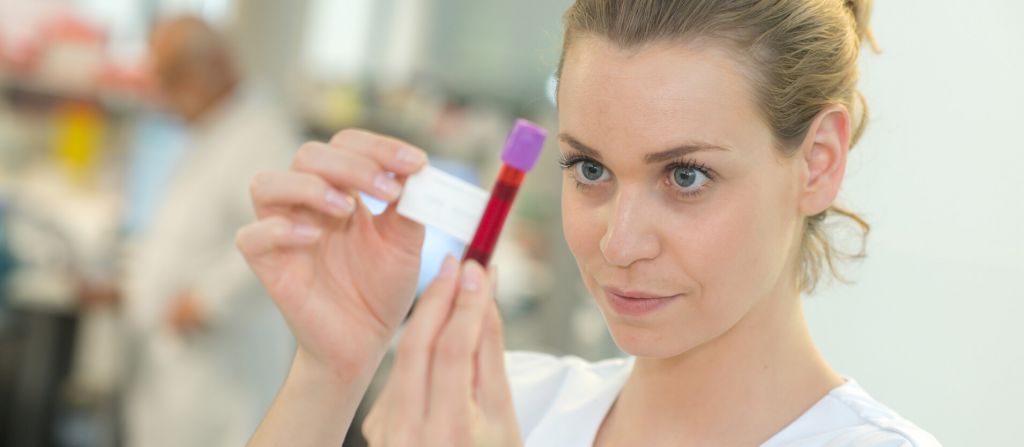
Overview
60 Hours in classroom + 30 Hours in school lab = 90 Hours
This course prepares students for entry-level positions in hospitals, clinics and other health care settings, collecting blood samples from patients, performing related technical procedures and processing the associated clerical tasks. As members of the health care team, phlebotomists work closely with patients and require good communication and organizational skills.
To be successful, phlebotomists should be practical and accurate, able to inspire confidence in others and to put patients at ease. Phlebotomists need to be skilled at collecting blood and other specimens correctly to procure high quality specimens for laboratory analysis. The Phlebotomy Certificate program emphasizes a combination of phlebotomy theory and practical application necessary for successful employment.
Subjects Covered
- Basics of Anatomy and Physiology
- Introduction to Medical Terminology
- Phlebotomy Procedures
- Provides theoretical and laboratory preparation for entry level performance as a phlebotomist; additional responsibilities of phlebotomists as members of the healthcare team
- Focus on performance of venipuncture techniques (obtain blood specimens)
- Infection Control/ Chain of Infection
- Risk Management and Quality Assurance in Phlebotomy
- Overview of federal and state regulations governing clinical laboratories
- Patients Bill of Rights
- Emergency First Aid
- Hands-on demonstration of multiple successful venipunctures
Career Outlook
- Median Salary Average: $24,940
- Salary Range: $21,060-$36,730
Entry Level Positions
- Phlebotomist
Graduates may qualify for employment in hospitals, clinics, physicians’ offices, and other health care settings and may be eligible for national certification as phlebotomy technicians.
Graduation Requirement
Students must maintain a CGPA of 2.0 and pass a final examination at the end of each course in order to receive the certificate of completion for the program. The final examination consists of a combination of both practical and written parts. Should the student fail to pass the test, they will be given an opportunity to take a refresher course in their area(s) of deficiency and subsequently be allowed to retake the final examination at no extra cost to the student.

